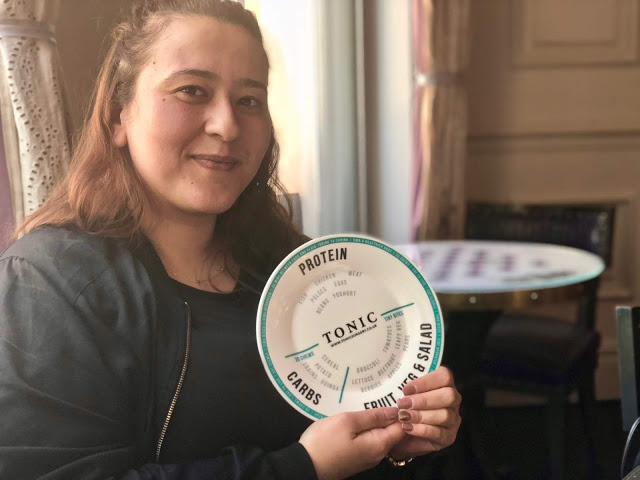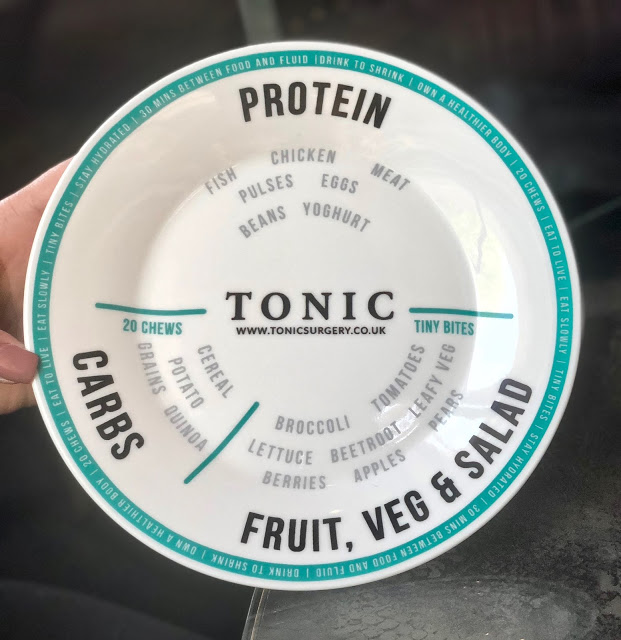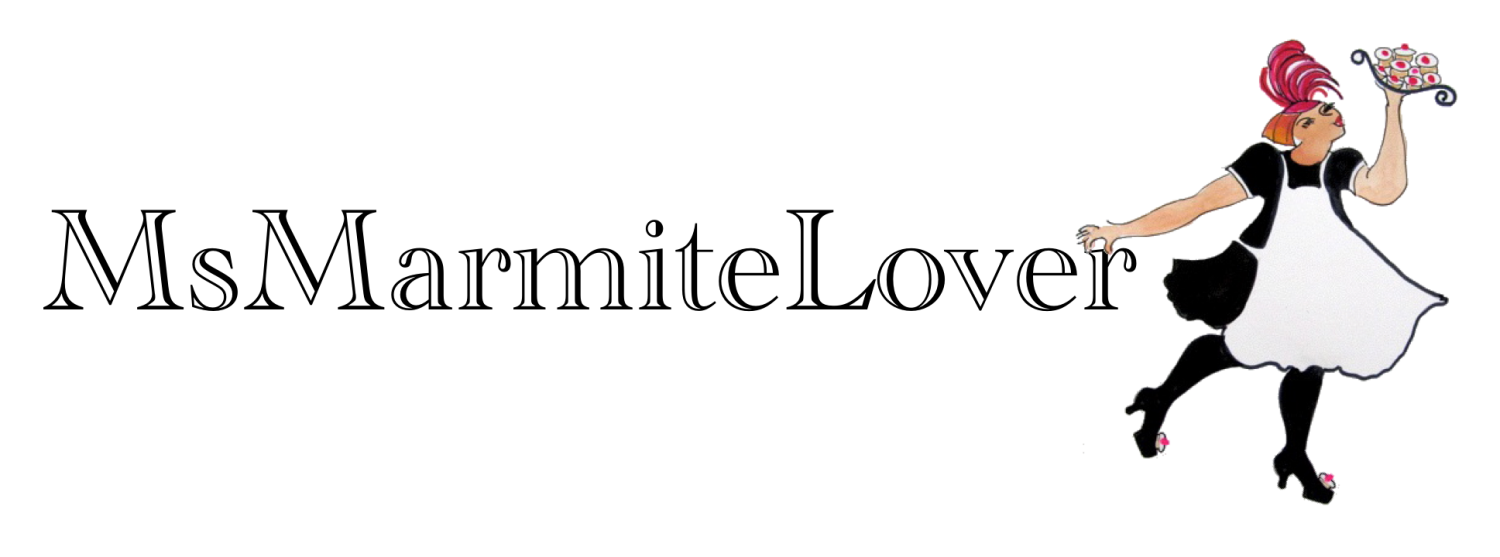
Despite the gains of feminism, the policing of women’s bodies hasn’t got better in the last few years – it’s become worse. From teenage girls starving themselves or trying to transition out of being a woman altogether to Love Island mono-beauty culture to plastic surgery becoming the norm, nobody is happy with their body.
Yet in the past few years obesity has increased, not lessened, which suggests fat-shaming, whether overt or subtle, isn’t working. One answer is bariatric surgery, where part of the stomach and or intestine is removed. According to a government report, in 2015/16, 6,500 people had bariatric surgery. Three quarters of those were women.
The surgery is only available on the NHS if you have a BMI above 35. It’s a slow process and funds are limited, despite proof that bariatric surgery instantly cures Type 2 Diabetes and many other obesity-related illnesses. Some people are forced to go private. Recently I met someone who did just that at a London hotel to discuss her bariatric surgery.
Kerstin: On the journey here I was thinking: this whole thing is about shame and embarrassment. It’s all about – what do people think? With my weight, there is a genetic component. I look at my Italian aunts and they are all like this.
Dilber: Same. My family is Mediterranean. My mum’s cooking – we do use olive oil, which is healthier – but the portions are large, and rice and bread are on the same plate.
Kerstin: Tell me about your preparations for the operation.
Dilber: For the operation, you have to shrink your liver. Your liver sits right on top of your stomach. Overweight people tend to have fatty livers. In order for the surgeons to get to your stomach, they need to put aside the liver. I went on a liver-shrinking diet. I followed my surgeon’s instructions to the T:
- I measured my food; literally getting the scales out and weighing 70g of chicken.
- Use no oil when you are cooking, not even a drop, for two weeks.
The surgeons can see from the size of the liver if you don’t do this. Sometimes they cut you open and then sew you back up, if the liver is too big.
Kerstin: Oh my god. Imagine gearing up for the op and then they don’t even do it.
Dilber: I thought if I’m going to go ahead, I’ll make sure I do everything they said I should do. My clinic was amazing – they are based in Birmingham but come down to London for surgery clinics. I had my actual surgery in Luton. He’s an NHS surgeon but does private on the side.
They picked me up on a Saturday night and did blood pressure tests all night. I went in at 11am and came out about 1pm on Sunday. There was no pain. The next day it felt like I’d done a big workout – my abs hurt. They get you walking about within a few hours.
Afterwards you eat clear liquids for two weeks: no bits, just broth. You can have protein shakes, ready-made ones, such as Slim Fast. They are high in sugar, and at first you need the sugar. You can have clear juices, milk. You go decaf for the first few weeks because caffeine dehydrates you.
It’s very easy to get dehydrated. You forget to eat and drink after the operation. You have to drink lots of water.
Kerstin: Why’s that? When they operate on your stomach, they are also removing your appetite?
Dilber: Yes. They remove the hormone – Ghrelin – that increases appetite. They remove that little bit in your stomach that produces hunger. This is with the sleeve. There are several types of bariatric surgery. I had the sleeve.
Honestly, for the first few weeks I thought I was never going to feel hunger again. Now I feel hunger, but in a different way. I know my stomach is empty and it needs to be filled up. Some days, I can eat for England, even though I’ve got the restriction. I’ll snack, get full quickly then an hour later, I’ll need to snack again. When I eat, I have the protein first. You eat your chicken first.
Kerstin: As a vegetarian, how would you do that?
Dilber: You eat your lentils, your beans, your tofu first. The operation changes what food you like. I used to love salmon. Now I can’t bear the thought of it. It’s literally like some kind of retraining – your body reacts when you do the wrong thing.
Kerstin: Have you had problems with nausea? That’s a side effect, isn’t it?
Dilber: My first week I was taking anti-sickness tablets. The only thing I suffer from is acid reflux. I only got it when I ate the wrong stuff and too much of it. No problems with nausea; I’ve been quite lucky.
Now I’m taking this anti-acid pill, I haven’t had breakfast or anything but… I feel the acid coming on. I didn’t take one yesterday and I was alright, it’s probably because I had a coffee for breakfast.
Kerstin: But your operation is reversible?
Dilber: No.
Kerstin: The sleeve, I had read, was reversible.
Dilber: It’s not – how would they reverse cutting off most of your stomach?
Kerstin: They don’t staple it, they cut it?
Dilber: They cut then staple. The band is reversible. The band they literally put in, and it sits around your stomach.
Dilber: I don’t. I just have the sleeve. There are three different types of weight-loss surgery:
- The band, which they put around your stomach
- The sleeve, which is when they remove part of your stomach
- The bypass, where they reduce the size of the stomach but they also bypass part of your intestines so that you don’t digest your food as well as you could normally
This is called the RNY, ‘Roux-en-Y’. They bypass a section. That is mostly recommended for people who have diabetese or high cholesterol. So you shouldn’t absorb as much of your food as you do.
D: I haven’t heard that. I think with the sleeve, I don’t have any complications, I have had polycystic ovaries.
The day I started the operation, I’d already lost 11 kilos on the liver reduction diet. I went from 3 or 4,000 calories a day to 800. The day of my surgery I was 115 kilos. So that was a BMI of 46.
K: That all sounds good. Not unhealthy.
D: Exactly. But it was the amounts I was eating. A spoonful of chickpeas and a huge mound of rice, and bread with it. We make dolmas vine leaves… but I put them in bread. Is this a food confession?
K: It would have been ideal. Nobody would have fat shamed you, nobody would have… You would have been considered wonderful fertile bride material. It’s about living in a city, You live in a society where thinness is adored, which is not always healthy either.
K: They were heavy?
K: When you say I ate like shit, are we talking portion control? Because it sounds like your mum was cooking good food.
K: What did you eat at work?
D: Café food. Always. Even if there was a jack pat… they can be healthy.
D: Yes. With the ketogenic diet, you have high fat. I now eat like this. (She shows me a plate.) I think pre-op, that amount of food would never have filled me up. Post-op it’s too much food.
D: When I did one, I found I was eating more than I thought. On my iPhone I’ve got an app, My Fitness Pal. You can put all the ingredients in and do calorie counting.
K: That was a bad day?
D: That was a bad day.
K: Oh my god.
D: I’ve lost 15 kilos. He says that is perfect, not too fast, not too slow. He said if it was around 10 kilos he’d be concerned it was too slow and he’d want to see my food diary. If it was more and it was 25 kilos he’d be concerned, there’s something wrong here. But this is the perfect rate – he showed me a chart.
D: There is no way this year, which is the honeymoon period for me, that I’m not going to make the most of it. If I eat three celery stalks, I’ll think, I’m going to put that in my belly. I’ll think, which one makes more sense, the chips or the celery?
K: Do you still have a sweet tooth?

The 10th fry will taste the same as the first. You aren’t going to sit there and think I need to eat ten more. I’ll think, I could have had a banana and I would have been alright. Why didn’t I have that? Your body burns more calories eating protein than eating carbs.
K: Even at your age? It won’t spring back?
D: Yes. It won’t. I’ve been overweight for 20 years.
K: I started at 11. I’ve seen it in my daughter as well. I was skinny as a rake until I hit puberty. Hormones. Suddenly you put on weight and you are not a skinny person anymore. It’s hard. That’s why I’m surprised it happened so early.
But the funny thing is, now I’ve lost all this weight, and it’s really obvious, he’s noticed this. Now he’s trying to pull me more.
And then I thought this is not happening quick enough. I was having consultations with the NHS. I had a consultation with the clinic in January and then had the op in March.
D: I’ve lost friends, I’ve noticed that.
D: (laughs) Did you know that I smoke?
K: I actually think the odd joint is not bad for you.
K: What are they looking for?
K: My GP told me that everybody who lives in the west has low vit D.
I’ve seen nothing but positive side effects. I wish I’d done it before.
That’s why it’s good that you’ve had this operation right now. You are at your peak at 26. Men are facile little beings. Let’s face it, in terms of fertility and all that, you’ve got a short window to make things right.
D: She’s not huge. She’s about 80 kilos. She’s 53. Dad is 58. He’s extremely overwight – has the big gut, diabetes, blood pressure problems.
When I was getting my dress made for my brother’s wedding, it was embarrassing. Everyone else had their arms out. I had to have a specific 3/4 length sleeve. I hated what I looked like. I thought how did I let myself get like this? I understand the shame factor but also the fact that you are thinking of putting it right should take precedence over the shame.
The sleeve didn’t remove my hormones. It removed my stomach. When you boil it down to the bare minimum, I’m eating less, I’m burning more calories and I’m losing weight. And that’s what everybody said.
On the other hand, we’ve all had the experience that we’ve gone on holiday with a mate and they eat twice as much as we do, and they say ‘oh you don’t actually eat that much’.
D: It grows to have the capacity of a normal person’s habits. That time doesn’t scare me as I know I’m going to have good habits for life. I know I wasn’t eating a normal plate of food. So even if I start eating normal portions, that’s still less than I was eating originally. Right now I’m still very restricted. I’m happy with that. Breakfast will be one boiled egg and a few slices of cucumber and two or three plum tomatoes. I’m good with that for a few hours. I’m still eating good amounts of food. The most I eat is 1,000 calories a day.
D: They are weighing their food. Some people don’t do any of it, they just say, ‘I listen to my body’. That works for them but it doesn’t work for me.
But that happens more with the Roux en Y. If you aren’t taking your vitamins you will have malnutrition. A lot of people end up in hospital for dehydration.
D: It’s all keyhole. They don’t leave any stitches. I will need quite a lot of plastic surgery: my belly, my boobs, my arms and my legs. hopefully not my back.
D: It’s like a T shape. They take the belly button out and put it back in. I think she’s about 28.
K: Do you have to pay for the plastic surgery as well?
D: Yes.
K: How much will that be?
K: They are spending a fortune on obesity related illnesses, it makes more sense to do this.
D: Everything is a rush. Everything – you wait ages and they don’t care. My experience of the NHS is no one wants to be there.
So I’m not dating. Hopefully in a few months time, I’ll be confident enough to say I’ve had this surgery, I have got loose skin. We’ll just have to see how it goes.




That plate is so strange! I guess if eating that much protein works for some… I'm happy with my carbs and pooing at least once a day!
My Mum is staying with me and before she came she said "don't buy any food for me, don't get any milk, when I'm with you I'll eat how you eat". She's been here for a week and last night she said "I'm going to go vegetarian when I go home, I feel so much better eating this way"
I struggle to eat that much protein.
Good for your mum.
Any thoughts on the interview, on the endemic self-mutilation that is going on with women?